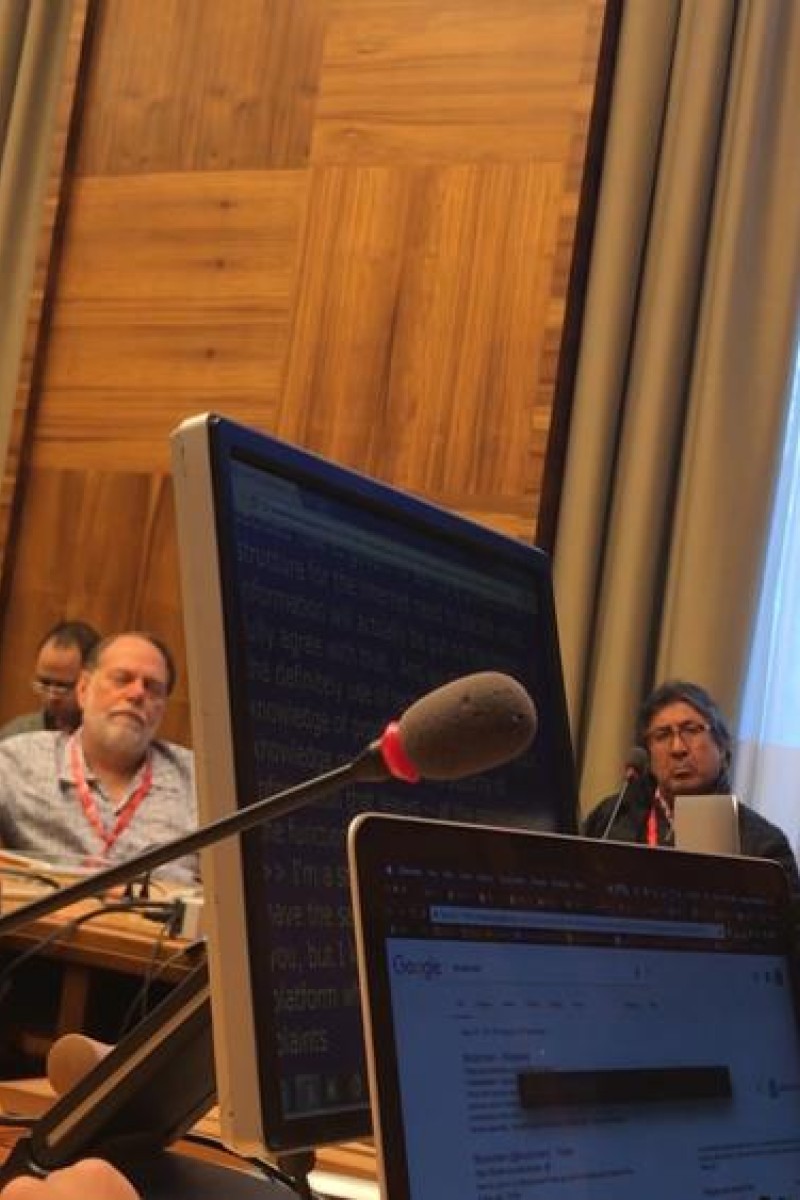
Two ESF students went to a United Nations forum and discovered new ways the internet can impact our lives
Published:
Listen to this article
Nicola Chan |
Published:
Sign up for the YP Teachers Newsletter
Get updates for teachers sent directly to your inbox
By registering, you agree to our T&C and Privacy Policy
Sign up for YP Weekly
Get updates sent directly to your inbox
By registering, you agree to our T&C and Privacy Policy